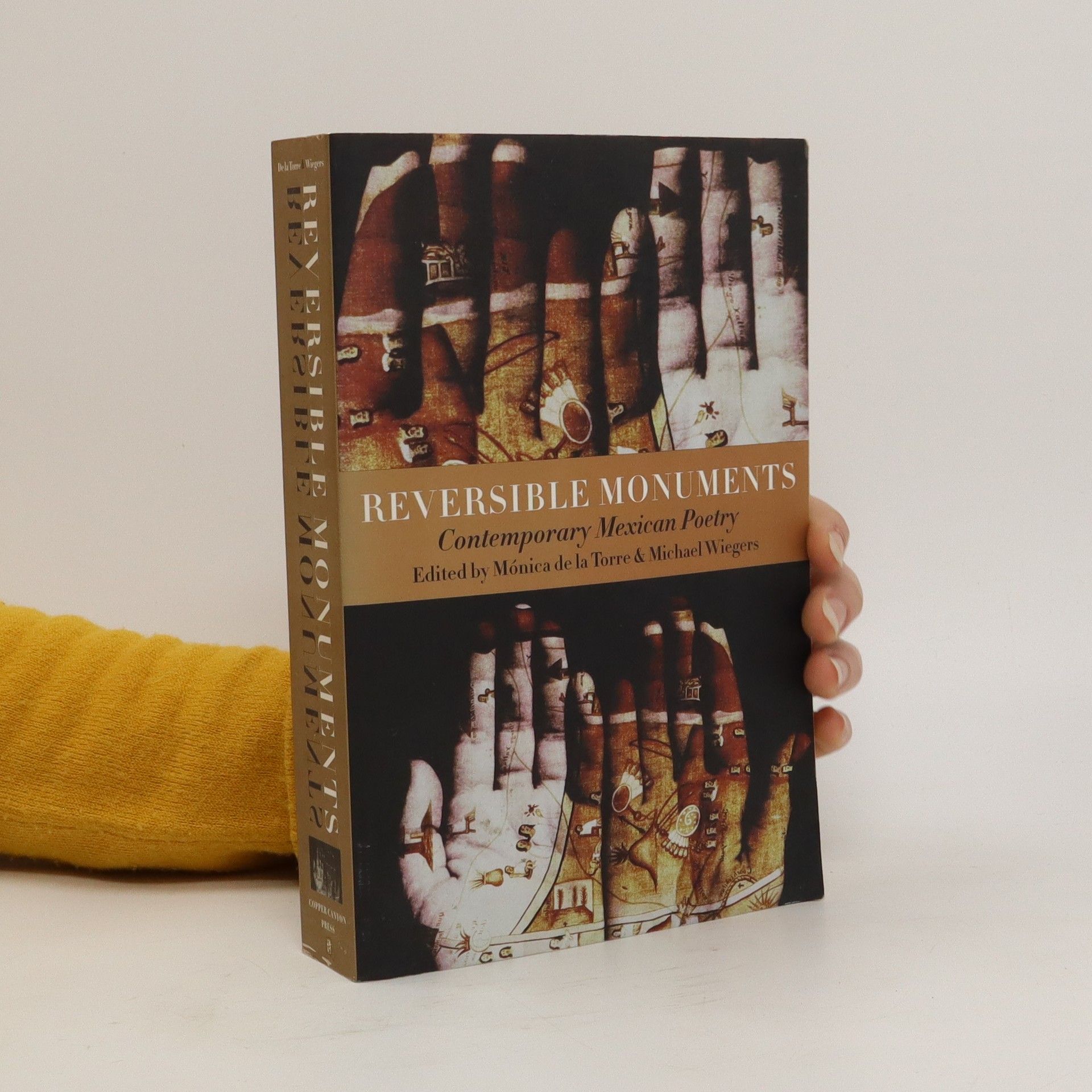Reversible monuments : contemporary Mexican poetry
- 520 stránek
- 19 hodin čtení
Mónica de la Torreová je autorkou první knihy původní poezie v angličtině „Talk Shows“. Její práce se často zabývá spojením umění a literatury, což dokládá její editorská práce na sbírce „Reversible Monuments: Contemporary Mexican Poetry“ a její vlastní kniha „Appendices, Illustrations & Notes“. De la Torreová je také uznávanou překladatelkou španělsky psaných básníků, čímž obohacuje literární dialog mezi jazyky. Její editorský post v časopise The Brooklyn Rail a akademická práce na Kolumbijské univerzitě dále zdůrazňují její hluboký zájem o současnou poezii a literární kritiku.


Beginning in the 1970s, Chicana and Chicano organizers utilized community radio to educate and uplift Mexican American listeners across the U.S. In rural areas, radio became the most effective medium for reaching isolated communities, such as migrant farmworkers. In Washington’s Yakima Valley, where media often favored agribusiness, community radio for farmworkers emerged as a vital resource. This work uncovers the remarkable history of one of the first full-time Spanish-language community radio stations, Radio KDNA, which began broadcasting in 1979. Through extensive interviews, the contributions of Chicana and Chicano producers, announcers, managers, technical directors, and listeners are highlighted, showcasing the station's success. Monica De La Torre intertwines these oral histories with various visual and audio artifacts, including radio programs and photographs, situating KDNA within the broader context of Chicano community broadcasting and social activism. The narrative emphasizes the development of a public broadcasting model centered on Chicana radio producers and documents the crucial role women played in establishing this infrastructure in the Yakima Valley. De La Torre illustrates how KDNA transformed community radio programming, enriching the history of the Chicano movement, women’s activism, and media histories.